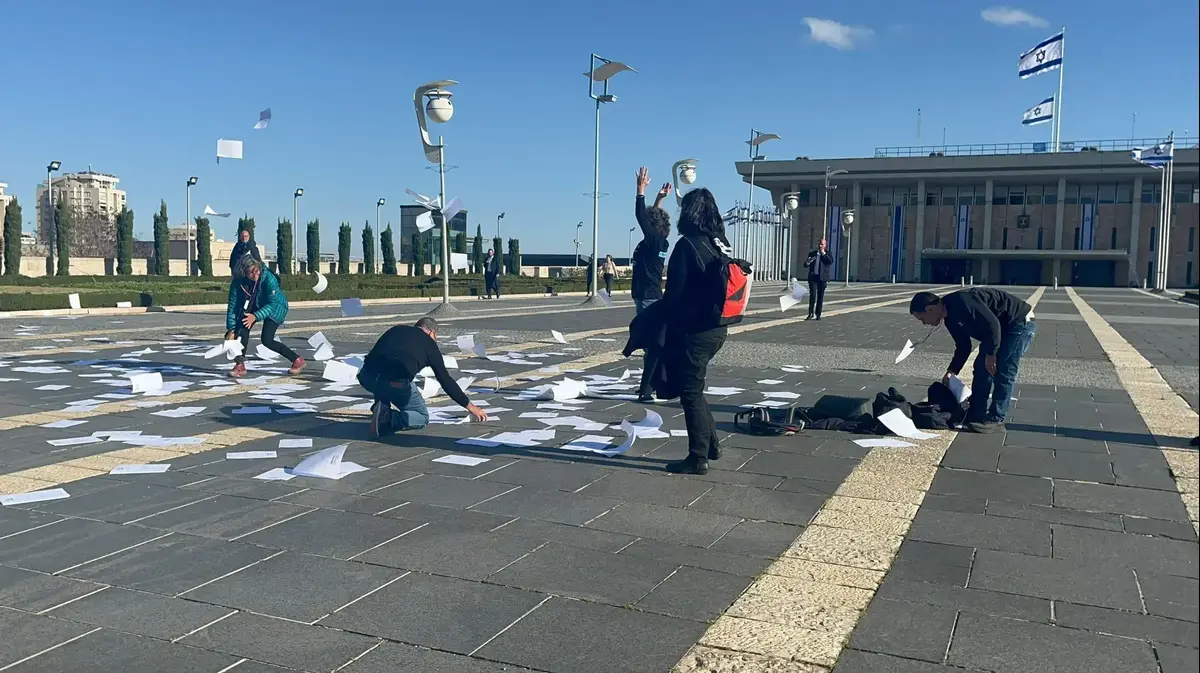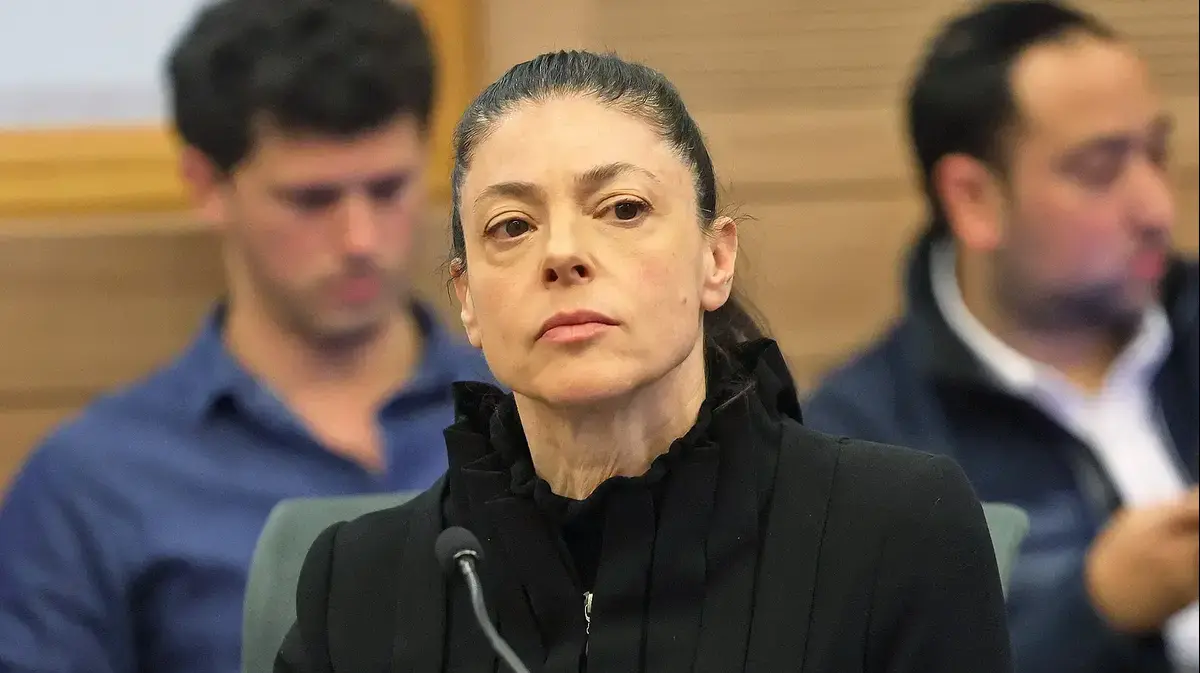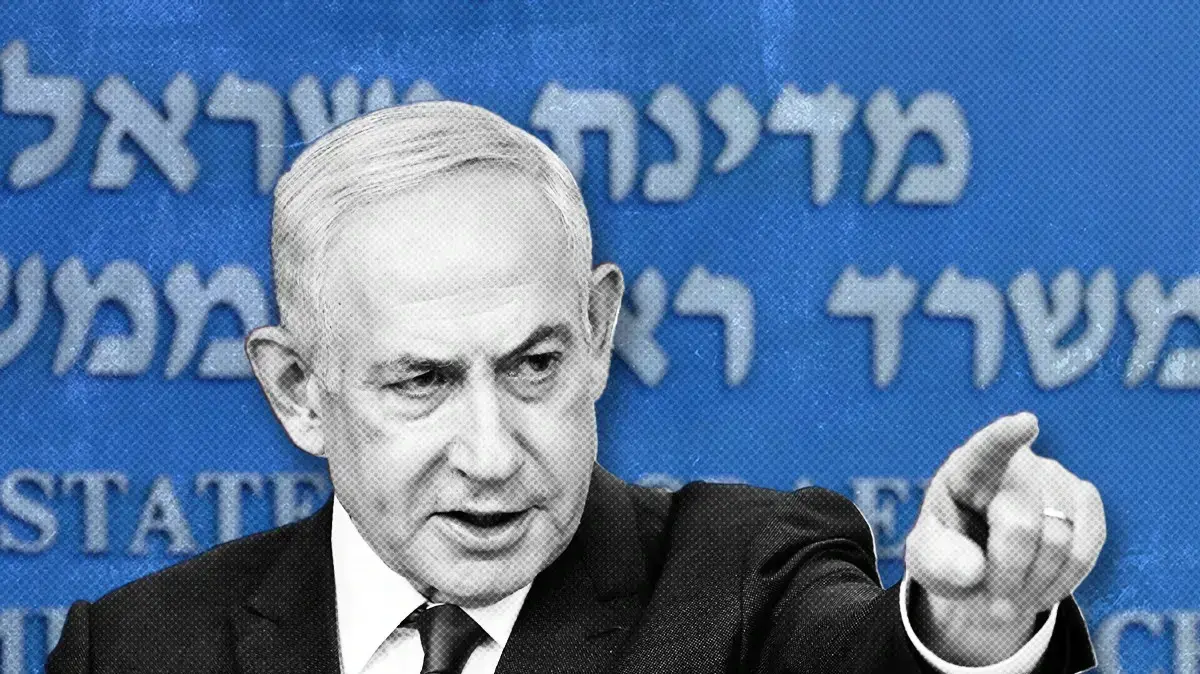Israeli Prime Minister donates blood for those injured in a human avalanche in Jerusalem on Friday. DPA / Europa Press
At the head of the Likud, the most voted party (30 seats) in the elections of March 23, and of a coalition that caresses the majority, the conservative Benjamin Netanyahu crashes time and again against the political blockade within hours of it being Expires its term to form a Government, at midnight this Tuesday. The acting prime minister of Israel needs the vote of 61 of the 120 deputies of the Knesset (Parliament) to be sworn in for a fifth consecutive term. But the polarization of the electorate and the growing fragmentation of the legislative blocks make it increasingly difficult to overcome that bar, which has forced the holding of four general elections in the last two years.
If Netanyahu does not obtain the endorsement of the absolute majority of the House, the President of the State of Israel, Reuven Rivlin, has the option of entrusting Yair Lapid, leader of the second most voted party, the centrist Yesh Atid (17 seats), the formation of a broad-coalition Cabinet.
It can also hand over the mission to Parliament itself, so that it can negotiate a way out of the political blockade on its own.
In both cases, if the deadline runs out again without tangible results, Israeli law provides for the automatic convening of new legislation.
More information
The president of Israel instructs Benjamin Netanyahu to form a government despite not having a majority
National mourning in Israel as justice investigates the causes of the stampede in a massive religious act
Nobody seems to want this alternative in the Jewish state, but the parties have not managed to reach agreements with sufficient weight either.
Netanyahu came to propose on Monday the nationalist Naftali Bennett, who heads the Yamina party (seven seats), to serve first as prime minister in a rotation pact in office.
Bennett demanded that the Likud leader first present him with "a pact with a majority."
Including the support of the two formations of the ultra-Orthodox Jews (16 seats) and the ultra-right (six), the acting prime minister would only have 59 parliamentarians in his favor.
An understanding, with formulas of external support in the Chamber, with the small Arab Raam party (four deputies) would guarantee the investiture, but the extreme right - which groups racist deputies - refuses to accept it.
While allowing himself to be wooed by Netanyahu, who he served in the past as internal chief of staff and minister, Bennett has also bet on the deck of the so-called Block for Change, which brings together conservatives, centrists, labor members under the leadership of former minister Lapid. and Arab parties, among others.
Their demands for ministerial portfolios and positions have so far seemed excessive to these partners, who only seem to have agreed on one goal: to remove Netanyahu from power at all costs.
The only head of government that Israel has had since 2009 (and that accumulates a three-year term of a first term from 1996 to 1999) is reluctant to leave a position that shields him during the corruption trial that is taking place against him in Jerusalem.
And while Netanyahu excluded the constitution of a commission of inquiry into the avalanche in which ultrareligious people were killed on Friday 45 in a Jewish celebration, the State Comptroller, Matanyahu Englman, who exercises the high inspection of the Administration in Israel, opened on Monday the first official inquiries. "We are going to conduct an audit to investigate the circumstances surrounding the events," he announced at the Knesset headquarters. The comptroller had already observed in two reports from 2008 and 2011 serious security breaches in the religious sanctuary of Mount Meron, in the Upper Galilee region (north), where hundreds of thousands of pilgrims visit the tomb of a rabbi every year. 2nd century on the Jewish fire festival.

/cloudfront-eu-central-1.images.arcpublishing.com/prisa/NG7NFILYDZWAC655ATCX7BJKFQ.jpg)

/cloudfront-eu-central-1.images.arcpublishing.com/prisa/7342TRC63KUY2C2BJRV5Z5CBEA.jpg)











